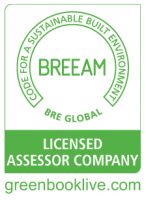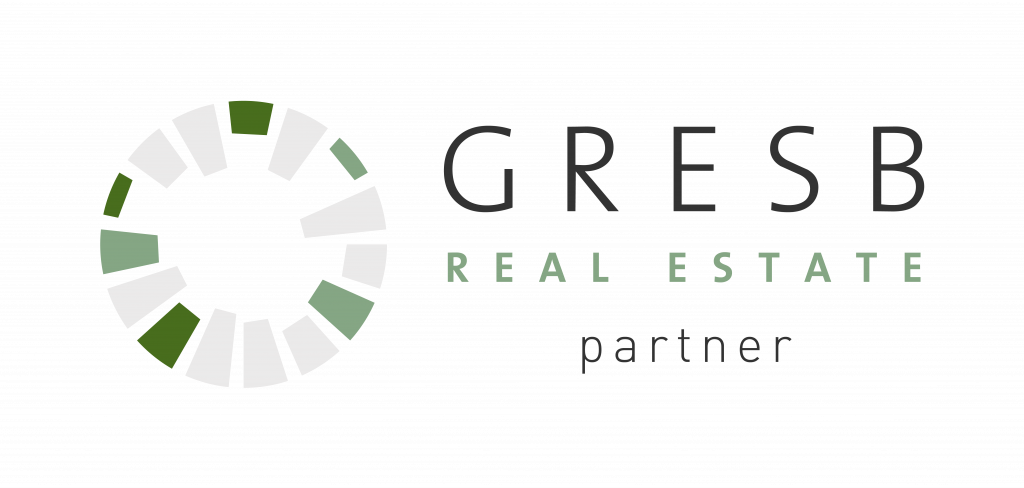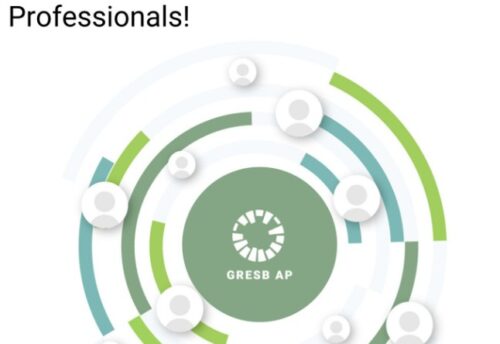
- July 28, 2021
GRESB 2021 – Lessons learned and industry insight
GRESB 2021 was an interesting challenge to undertake in the midst of a global pandemic with many asset owners struggling to gather data and properly prepare internally for the assessment due to enforced home working conditions. Here are some of our lessons learned and insights immediately following the recent submissions.
Climate risk
The importance of physical climate risk and overall climate resilience is here to stay. The key resilience indicators that have been integrated into the main assessment are very likely to remain in the very near future, subject to scoring. So participants that did not answer these indicators in 2021 need to ensure that they are carrying out the appropriate actions until the next GRESB cycle to ensure they are not left behind their competitors when the indicators become scored.
ESG data
Data availability and quality are still a challenge. It is still extremely difficult for asset owners to get data from their tenants. Too often meters are read irregularly or there is no key individual responsible for collecting the data. Smart meters, which would make access to the data more manageable, are rarely available and the only accessible data is generally for the landlord-controlled areas of a building. Where data is being collected, it often cannot be adequately checked and verified before submission. Establishing a data collection process to ensure availability of data is the first step, but continuous monitoring and attention to the data is a must. Also, data collation usually stops at energy, carbon and water, while waste remains a huge gap for most landlords who don’t have green leases with their tenants .
The pandemic
The COVID-19 pandemic has similarly exposed the need for greater resilience in national health systems and global supply chains. Real estate investors, having historically paused to consider portfolio implications from economic downturns, are now making such reconsiderations in response to the pandemic. This is especially relevant for both office and retail asset managers and landlords. There are recognised trends in moving away from non-core assets with greater importance on asset selections, re-configuring the function of physical stores and office spaces, a larger importance on ESG factors in asset and investment management and customer engagement as a determinant for tenant selection.
Even though we can now take a short break until the results are published on 1st September 2021, we should already be starting to think about the next GRESB cycle and implementing changes that can improve not only the score, but the overall ESG performance of the organisation.
E.S.G. Solutions has a vast experience to provide bespoke advice on GRESB matters and is supported by various endorsements from the real estate industry. Please don’t hesitate to give us a call or drop us an email for an introductory discussion about your sustainability objectives, how to better position your fund in the market and get into the radar of international investors.













